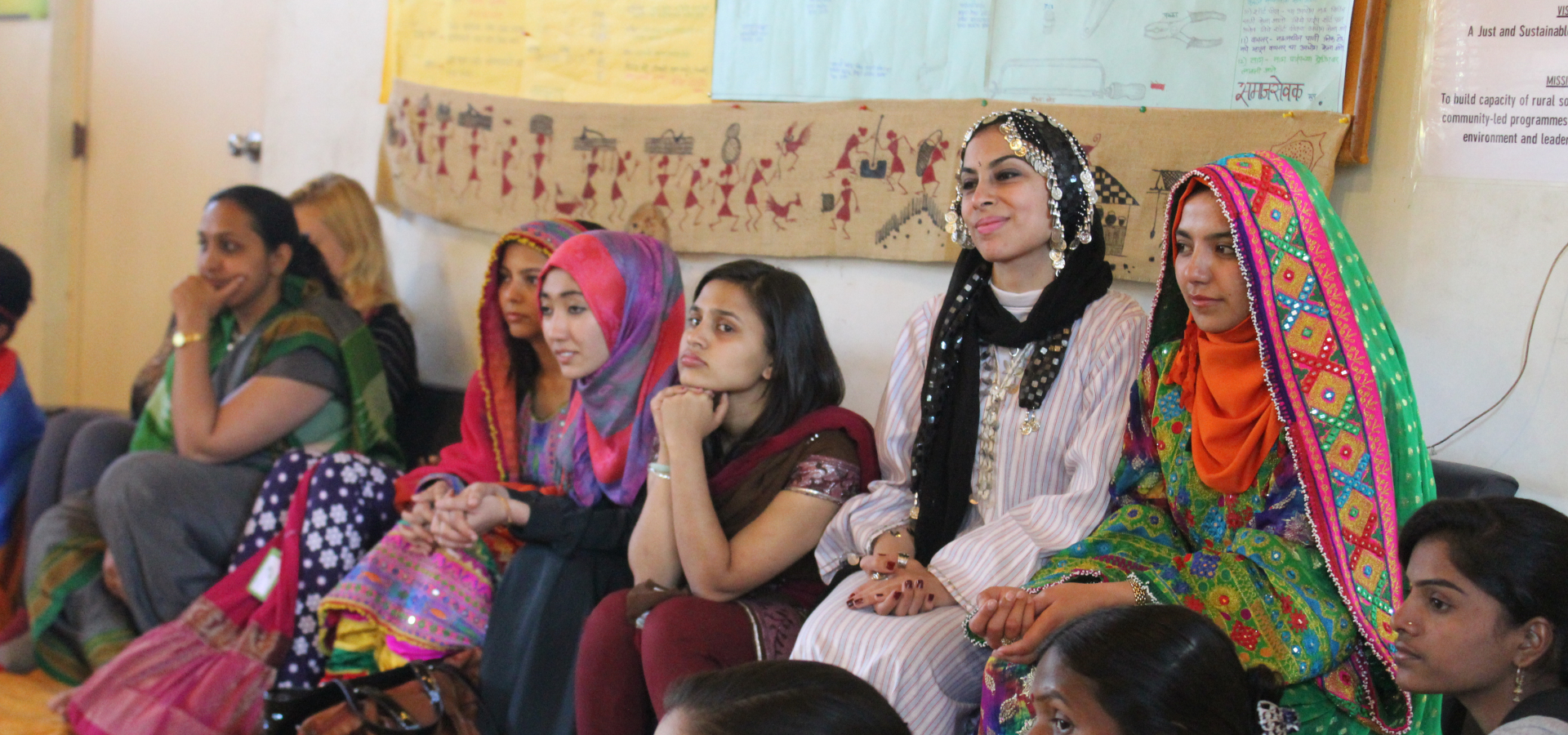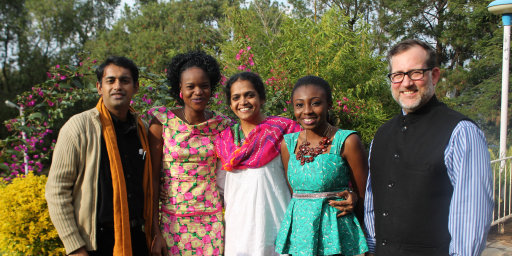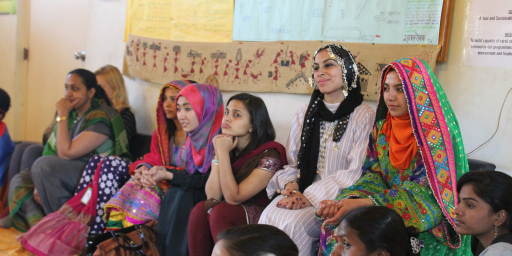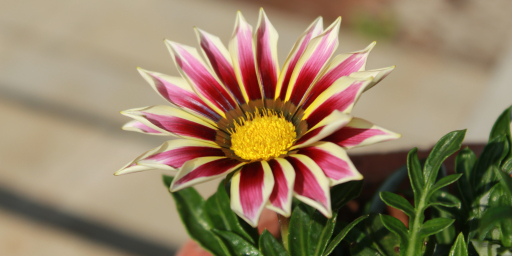FAQ
We encourage everyone to fundraise. Some students have been able to get funding from their universities. Others have been sponsored by NGO’s, places of worship, or local clubs, such as the Rotary Club. We do help a very few scholars, from countries with devalued currencies, with a full or half scholarship.
We do not have money for Scholar’s travel expenses, but occasionally have been able to link scholars up with people who have helped.
The median age is the mid-to late twenties. About one third of the class is in their early twenties.
Busy! What with attending class in the mornings, sports and service opportunities in the afternoon, meeting with interesting visitors to the conference center over meals, and music/theatre/dancing in the evenings…there are often too many great choices!
More reading than writing. We send a pre-reader before the course begins. A manual, which is a collection of articles, is given to scholars during the first days of the program. Often, faculty hand out some readings that apply to their lectures. Mid-way there is a journal/essay of around 6 pages to hand in and a shorter reflection piece/evaluation at the end.
Students should contact their own universities, or work with a professor, to see if they can get credit for independent study. There are usually additional requirements, such as more reading and a long paper expected from those who get credit for this program.
Since diversity is of the utmost importance towards achieving peace and social cohesion, we aim to be as diverse as possible. A class of twenty often has people from 15 different countries or backgrounds. We include students from areas of conflict.
For more information about The Caux Scholars Program - Asia Plateau, contact the Program Director, Rohit Valecha, at cauxscholars@iofc.org.





